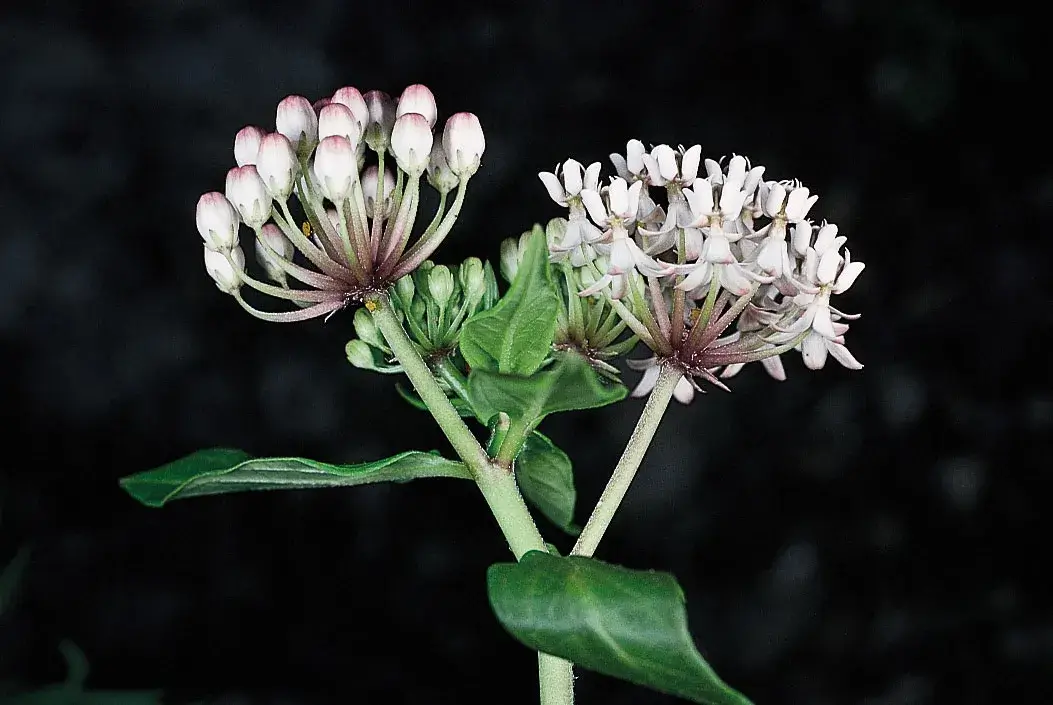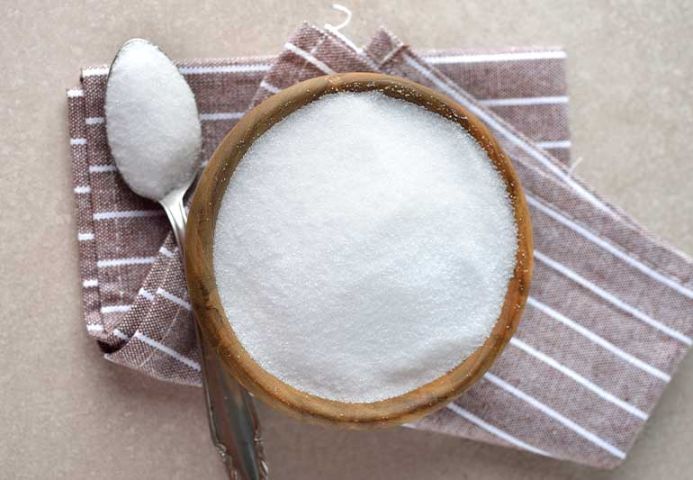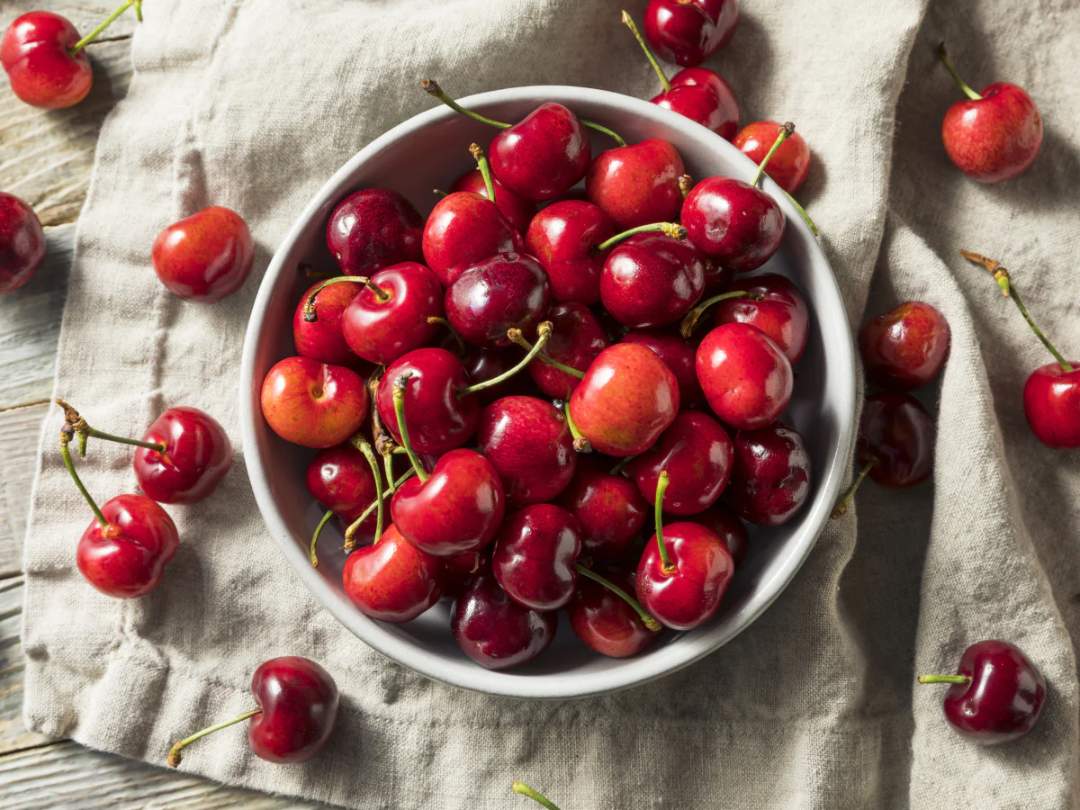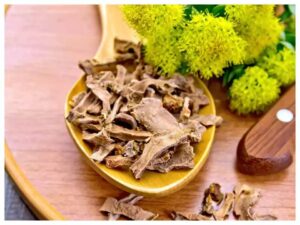History of Milkweed Discovery
Milkweed (Asclepias spp.) is a group of plants known for their distinctive, milky sap and their use as food and habitat for monarch butterflies. The plants are native to North America and have been used by indigenous people for centuries for medicinal and practical purposes. The discovery of milkweed and its various uses has a rich and interesting history.
Traditional Use by Indigenous People
Milkweed has been used by indigenous people in North America for centuries as a source of food, medicine, and materials. The plants were used as a source of food for both the indigenous people and the wildlife they hunted, and the sap was used to treat wounds and skin irritations. The fibers from the stems of milkweed were used to make rope, clothing, and other items, and the floss from the seeds was used for stuffing pillows and clothing.
Introduction to European Settlers
When European settlers arrived in North America, they encountered milkweed and quickly learned about its various uses from the indigenous people. The settlers began using milkweed for their own purposes, and it became a staple in their lives. They used the plant for medicinal purposes, as well as for practical purposes, such as making rope and clothing.
Scientific Recognition
In the late 18th and early 19th centuries, milkweed began to receive scientific recognition. Scientists and botanists started to study the plant in depth, and its various properties and uses were documented. The plants were classified and named, and their medicinal and practical uses were explored in detail.
Modern Uses
Today, milkweed is still used for its various properties and uses. It is grown as a food source for monarch butterflies, and its medicinal properties are still being studied and used. Milkweed is also being used as a source of alternative energy, with researchers exploring the potential of its oils as a biofuel.

The Health Benefits of Milkweed
Nutritional Value of Milkweed
Milkweed is a nutritious plant that is rich in many important vitamins and minerals. It contains significant amounts of vitamin C, vitamin E, and vitamin K, as well as calcium, magnesium, and potassium. Milkweed is also an excellent source of fiber, which can help to improve digestion and support a healthy gut microbiome.
In addition to these important nutrients, milkweed contains several unique compounds that have been linked to a range of health benefits.
Antioxidant Properties
Milkweed is a rich source of antioxidants, which are compounds that help to protect our cells from damage caused by free radicals. Free radicals are unstable molecules that can damage DNA, proteins, and other important molecules in our bodies, leading to a range of health problems.
Research has shown that the antioxidants in milkweed can help to reduce inflammation, support a healthy immune system, and even reduce the risk of certain types of cancer.
Anti-Inflammatory Properties
In addition to its antioxidant properties, milkweed also has powerful anti-inflammatory effects. Inflammation is a natural response to injury or infection, but when it becomes chronic, it can contribute to a range of health problems, including heart disease, diabetes, and arthritis.
Studies have shown that the compounds in milkweed can help to reduce inflammation throughout the body, which may help to prevent or manage these and other chronic conditions.
Cardiovascular Health
Milkweed has also been linked to improved cardiovascular health. The plant contains several compounds that can help to lower cholesterol levels and reduce the risk of heart disease.
Research has shown that the saponins in milkweed can help to lower LDL (or “bad”) cholesterol levels, while increasing HDL (or “good”) cholesterol levels. These effects can help to reduce the risk of heart disease and improve overall cardiovascular health.
Digestive Health
Milkweed is a rich source of fiber, which can help to improve digestive health and support a healthy gut microbiome. Fiber is important for promoting regular bowel movements and preventing constipation, and it can also help to reduce the risk of certain types of cancer.
In addition to its fiber content, milkweed also contains several compounds that have been shown to support digestive health. These include triterpenoids, which can help to reduce inflammation in the gut, and glycosides, which can help to stimulate the production of digestive enzymes.
Immune System Support
Milkweed is also a powerful immune system booster. The plant contains several compounds that have been shown to support immune function and help to fight off infections.
For example, the polysaccharides in milkweed have been shown to stimulate the production of white blood cells, which are essential for fighting off infections. Milkweed also contains several compounds that have antimicrobial properties, which can help to prevent the growth of harmful bacteria and viruses.
Skin Health
Finally, milkweed has also been linked to improved skin health. The plant contains several compounds that can help to soothe and heal the skin, making it a popular ingredient in natural skin care products.
Research has shown that the compounds in milkweed can help to reduce inflammation and promote the growth of new skin cells. This can help to improve the appearance of the skin and reduce the risk of skin damage and premature aging.
Conclusion
Milkweed is a versatile plant that offers many health benefits. From its antioxidant and anti-inflammatory properties to its support for digestive health, immune function, and skin health, milkweed is a valuable addition to any diet or natural health regimen.
Whether you are interested in using milkweed for its medicinal properties or simply enjoy its beauty and fragrance, this plant is a true treasure of North America. So why not add a little milkweed to your life and enjoy its many health benefits today?
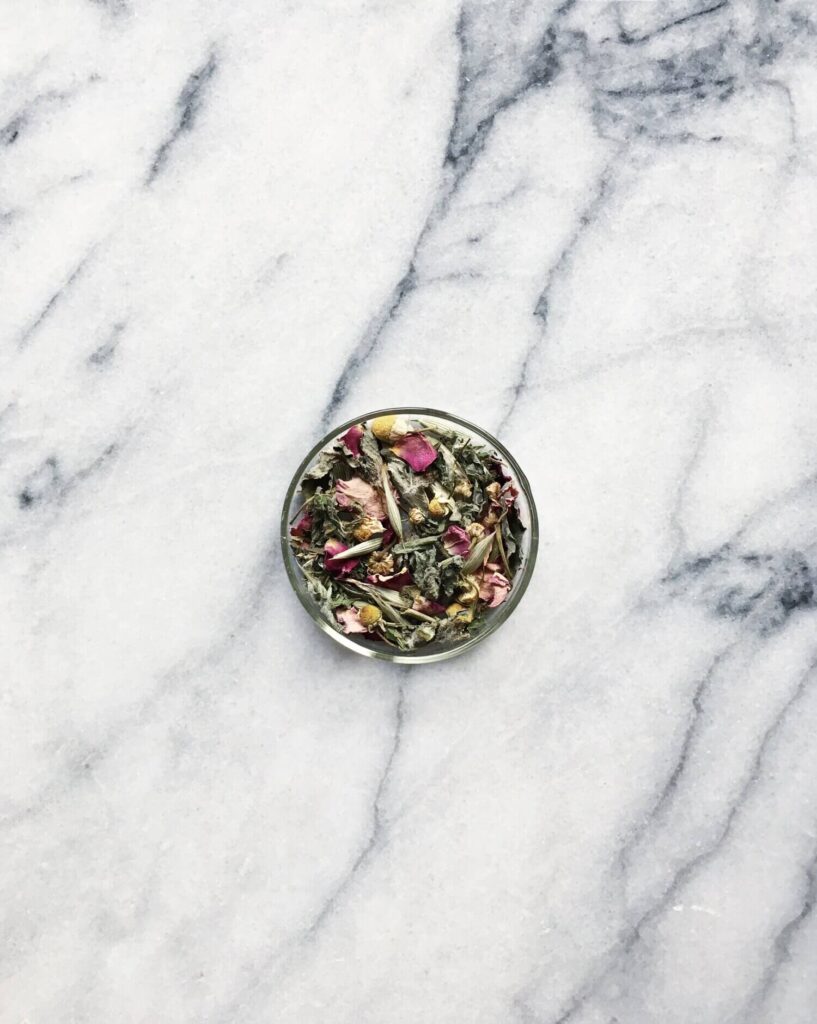
The Nutritional Components and Core Ingredients of Milkweed
Vitamins and Minerals
Milkweed is a rich source of many important vitamins and minerals. It contains significant amounts of vitamin C, vitamin E, and vitamin K, as well as calcium, magnesium, and potassium. These nutrients are essential for maintaining good health and preventing a range of health problems.
Vitamin C is a powerful antioxidant that can help to protect the body from damage caused by free radicals. It is also important for the production of collagen, which is essential for healthy skin, hair, and nails.
Vitamin E is another important antioxidant that can help to protect the body from oxidative stress. It is also important for the health of the skin, eyes, and immune system.
Vitamin K is important for blood clotting and bone health. It can also help to prevent the calcification of arteries, which can reduce the risk of heart disease.
Calcium is important for strong bones and teeth. It is also essential for muscle and nerve function.
Magnesium is important for many biochemical reactions in the body, including the regulation of blood sugar and blood pressure. It is also important for the health of the heart, muscles, and nerves.
Potassium is important for maintaining a healthy fluid balance in the body. It is also essential for muscle and nerve function.
Glycosides
Milkweed contains several unique compounds known as glycosides. These compounds are found in the sap of the milkweed plant and have a range of medicinal properties.
One of the most well-known glycosides found in milkweed is called asclepiadin. This compound has been shown to have anti-inflammatory and anti-cancer properties. It can also help to reduce pain and swelling.
Another important glycoside found in milkweed is called calotropin. This compound has been shown to have anti-inflammatory and analgesic properties. It can also help to reduce fever and lower blood pressure.
Triterpenoids
Milkweed also contains several triterpenoids, which are a type of compound found in many plants. These compounds have been shown to have anti-inflammatory and anti-cancer properties.
One of the most important triterpenoids found in milkweed is called lupeol. This compound has been shown to have anti-inflammatory and anti-cancer properties. It can also help to reduce pain and swelling.
Another important triterpenoid found in milkweed is called ursolic acid. This compound has been shown to have anti-inflammatory and anti-cancer properties. It can also help to reduce the risk of heart disease.
Saponins
Milkweed contains several saponins, which are a type of compound that can help to lower cholesterol levels and improve heart health.
One of the most important saponins found in milkweed is called hemsleyanin. This compound has been shown to have cholesterol-lowering properties. It can also help to improve blood sugar control and reduce the risk of heart disease.
Another important saponin found in milkweed is called calotropin. This compound has been shown to have anti-inflammatory and analgesic properties. It can also help to reduce fever and lower blood pressure.
Polysaccharides
One of the most important polysaccharides found in milkweed is called rhamnose. This compound has been shown to stimulate the production of white blood cells, which are essential for fighting off infections. It can also help to improve immune function and reduce the risk of certain diseases.
Another important polysaccharide found in milkweed is called pectin. This compound is a type of soluble fiber that can help to improve digestive health and support a healthy gut microbiome. Pectin can help to regulate bowel movements and prevent constipation. It can also help to reduce the risk of certain types of cancer.
Conclusion
Milkweed is a valuable plant that is rich in many important vitamins, minerals, and compounds. From its glycosides and triterpenoids to its saponins and polysaccharides, milkweed contains a range of unique ingredients that offer a variety of health benefits.
Whether you are interested in using milkweed for its medicinal properties or simply enjoy its beauty and fragrance, this plant is a true treasure of North America. By incorporating milkweed into your diet or natural health regimen, you can enjoy its many nutritional components and core ingredients and experience its many health benefits.

Methods for Consuming Milkweed
Raw Milkweed
One of the simplest and most straightforward methods for consuming milkweed is to eat it raw. Raw milkweed is crisp and has a slightly bitter taste, which can be reduced by removing the white sap from the plant before eating. Raw milkweed can be added to salads or sandwiches, or it can be eaten as a snack on its own. Eating raw milkweed provides a concentrated dose of all the key nutrients, including fiber, protein, vitamins, and antioxidants, which can help to promote good health.
Cooked Milkweed
Cooking milkweed can help to reduce the bitterness of the plant and make it more palatable. There are a variety of ways to cook milkweed, including boiling, sautéing, or baking. When cooking milkweed, it is important to remove the white sap from the plant, as this can be toxic. Boiled milkweed can be eaten as a vegetable, or it can be added to soups or stews. Sautéed milkweed can be a tasty side dish, while baked milkweed can be used in casseroles or as a topping for pizza.
Milkweed Tea
Milkweed tea is a popular method for consuming the plant and its medicinal properties. Milkweed tea can be made by boiling the plant in water for several minutes, then straining and drinking the liquid. Milkweed tea has a slightly bitter taste, but it can be sweetened with honey or sugar if desired. Milkweed tea can be consumed on its own, or it can be combined with other herbs and spices to create a more flavorful tea. Milkweed tea has been shown to have a variety of health benefits, including improved digestive health, better blood sugar control, and a stronger immune system.
Milkweed Oil
Milkweed oil can be made by cold-pressing the seeds of the plant, which yields a rich and nutritious oil. Milkweed oil has a nutty flavor and can be used in cooking or as a salad dressing. Milkweed oil is a good source of essential fatty acids, including omega-3 and omega-6 fatty acids, which are important for maintaining a healthy heart and brain. Milkweed oil is also rich in antioxidants, which can help to protect the body from damage caused by free radicals.
Milkweed Flour
Milkweed flour is a versatile and nutritious ingredient that can be used in a variety of recipes. Milkweed flour is made by drying and grinding the plant into a fine powder, which can then be used in place of regular flour in recipes. Milkweed flour is a good source of fiber, protein, vitamins, and minerals, and it has a slightly nutty flavor. Milkweed flour can be used to make bread, pancakes, or muffins, or it can be added to soups or stews as a thickener.
Milkweed Tincture
Milkweed tincture is a concentrated extract of the plant that can be taken orally or applied topically. Milkweed tincture is made by steeping the plant in alcohol for several weeks, then straining and bottling the liquid. Milkweed tincture can be taken by dropper, or it can be added to drinks or used topically to treat skin conditions or wounds. Milkweed tincture has a potent concentration of the plant’s active compounds and is considered to be a powerful medicinal treatment. It is commonly used to treat respiratory and digestive problems, as well as skin conditions such as eczema and psoriasis.
Milkweed Capsules
Milkweed capsules are a convenient way to consume the plant and its health benefits. Milkweed capsules are typically made by filling empty capsules with a powdered form of the plant, which can then be taken orally. Milkweed capsules are a convenient alternative to tinctures or teas, and they are easy to transport and consume on the go.
Final Thoughts
In conclusion, there are a variety of methods for consuming milkweed, each with its own unique health benefits. Whether consumed raw, cooked, as a tea, oil, flour, tincture, or in capsule form, milkweed is a nutritious food source and a powerful medicinal treatment. Before consuming milkweed, it is important to be sure that the plant was harvested from a safe and pesticide-free area, and to remove the white sap, which can be toxic. If you are pregnant or breastfeeding, or if you have any underlying health conditions, be sure to consult with your doctor before consuming milkweed.

Potential Side Effects and When to Avoid Taking Milkweed
Allergic Reactions
One of the most common side effects of consuming milkweed is an allergic reaction. Allergic reactions to milkweed can range from mild skin irritation to severe anaphylaxis, and they can occur in individuals who are sensitive to the plant. If you experience any symptoms of an allergic reaction after consuming milkweed, such as itching, swelling, or difficulty breathing, seek medical attention immediately.
Digestive Issues
Consuming large amounts of milkweed can lead to digestive issues, such as bloating, cramping, or diarrhea. This is due to the high fiber content of the plant, which can be difficult for some individuals to digest. To avoid digestive issues, it is recommended to start with a small amount of milkweed and gradually increase your intake over time.
Interaction with Medications
Milkweed has been shown to interact with certain medications, such as blood thinners and immunosuppressants. If you are taking any prescription medications, it is important to consult with your doctor before consuming milkweed, as it may affect the effectiveness of your medication.
Pregnancy and Breastfeeding
There is limited research on the safety of milkweed during pregnancy and breastfeeding, and it is recommended to avoid consuming milkweed during these times. If you are pregnant or breastfeeding, it is best to consult with your doctor before consuming any new food or supplement, including milkweed.
Toxicity
Milkweed contains a toxic substance called cardiac glycosides, which can be found in the white sap of the plant. Ingesting large amounts of the white sap can cause symptoms such as vomiting, diarrhea, and heart problems. To avoid toxicity, it is important to remove the white sap from the plant before consuming it.
Wild Harvesting
When harvesting milkweed from the wild, it is important to be aware of the potential for exposure to pesticides and other toxic substances. It is recommended to harvest milkweed from a safe, pesticide-free area, or to purchase organic, pesticide-free milkweed from a trusted source.

The Drug Interactions of Milkweed
Milkweed contains a substance called cardiac glycosides, which can affect the heart’s electrical system and may interact with certain medications. Some of the most common medications that milkweed may interact with include:
Blood Thinners
Milkweed may interact with blood thinners, such as warfarin, and increase the risk of bleeding. This is because the cardiac glycosides in milkweed can affect the blood’s ability to clot. If you are taking blood thinners, it is important to consult with your doctor before consuming milkweed.
Immunosuppressants
Milkweed may interact with immunosuppressants, such as cyclosporine, and reduce their effectiveness. This is because the cardiac glycosides in milkweed can affect the immune system. If you are taking immunosuppressants, it is important to consult with your doctor before consuming milkweed.
Digoxin
Milkweed may interact with digoxin, a medication used to treat heart failure, and increase the risk of side effects. This is because the cardiac glycosides in milkweed can affect the heart’s electrical system. If you are taking digoxin, it is important to consult with your doctor before consuming milkweed.
